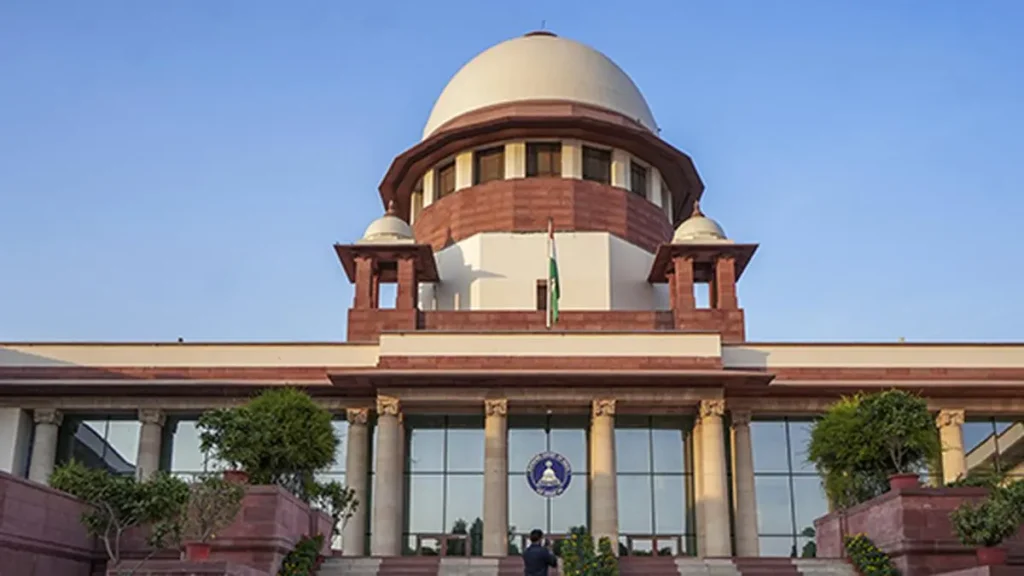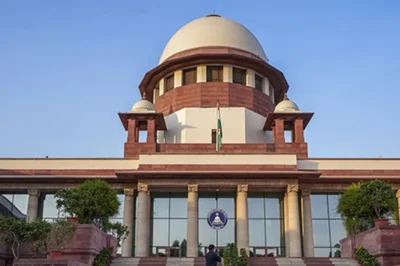
The Waqf Act, 1995, which governs the administration of Muslim religious and charitable endowments in India, has recently been at the center of legal debates and challenges. Several petitions have questioned its constitutional validity, leading to significant developments in the judicial and legislative arenas.
Legal Challenges Against the Waqf Act
Multiple petitions have been filed challenging various provisions of the Waqf Act. One prominent petition, filed by advocate Ashwini Kumar Upadhyay, contends that the Act violates the principles of secularism enshrined in the Constitution. Upadhyay argues that the Act grants special status to Waqf properties without corresponding provisions for properties of other religious communities, thereby offending Articles 14 (equality before law) and 15 (prohibition of discrimination on grounds of religion, race, caste, sex, or place of birth). The Supreme Court, however, declined to entertain this plea, stating that the constitutionality of legislation cannot be challenged in the abstract without demonstrating a personal grievance or violation of rights. The bench emphasized that there must be concrete facts showing how the petitioner is directly affected by the law.
Delhi High Court’s Examination of the Act’s Validity
In a related development, the Delhi High Court has been approached to examine the validity of certain provisions of the Waqf Act. The petitioners argue that the Act’s provisions grant special status to Waqf properties, which is discriminatory and violates the secular fabric of the nation. They highlight the absence of similar laws for properties of other religious communities, suggesting that this disparity undermines the principle of equality enshrined in the Constitution. The court has directed the Centre and the Central Waqf Council to respond to these challenges, indicating a judicial willingness to scrutinize the Act’s provisions.
Legislative Actions and Political Responses
The Dravida Munnetra Kazhagam (DMK), a political party in Tamil Nadu, has also entered the fray by filing a writ petition in the Supreme Court challenging the Waqf (Amendment) Act, 2025. The DMK contends that the Amendment Act infringes upon the fundamental rights of Muslims, affecting approximately 20 crore individuals nationwide. The party argues that the Act was passed without adequately considering objections raised during parliamentary discussions and that it violates the principles of secularism and equality. The Supreme Court is expected to hear these petitions, with the Chief Justice indicating that the matter will be considered for urgent listing.
Centre’s Legal Precaution: Filing a Caveat
In anticipation of the forthcoming Supreme Court hearings on the challenges to the Waqf Act, the Centre has filed a caveat in the apex court. A caveat is a legal notice filed to prevent a court from passing any order without hearing the party that filed the caveat. By filing this caveat, the Centre seeks to ensure that it is heard before any interim orders are passed concerning the Act’s validity. This move underscores the government’s intent to actively participate in the judicial review process and to protect its legislative actions from potential judicial intervention.
Implications of the Legal Disputes
The ongoing legal challenges to the Waqf Act and its recent amendments have broader implications for India’s secular framework and the management of religious properties. The outcomes of these cases could set significant precedents regarding the balance between legislative authority and judicial review, especially concerning laws that affect specific religious communities. Moreover, these developments highlight the dynamic interplay between politics and law in shaping policies that impact the country’s diverse religious landscape.
Conclusion
The legal scrutiny of the Waqf Act and its amendments reflects the complex nature of governance in a pluralistic society like India. As the Supreme Court prepares to hear the challenges, the nation watches closely, aware that the decisions made will influence the contours of religious freedom, equality, and legislative competence in the years to come.








































Leave a Reply